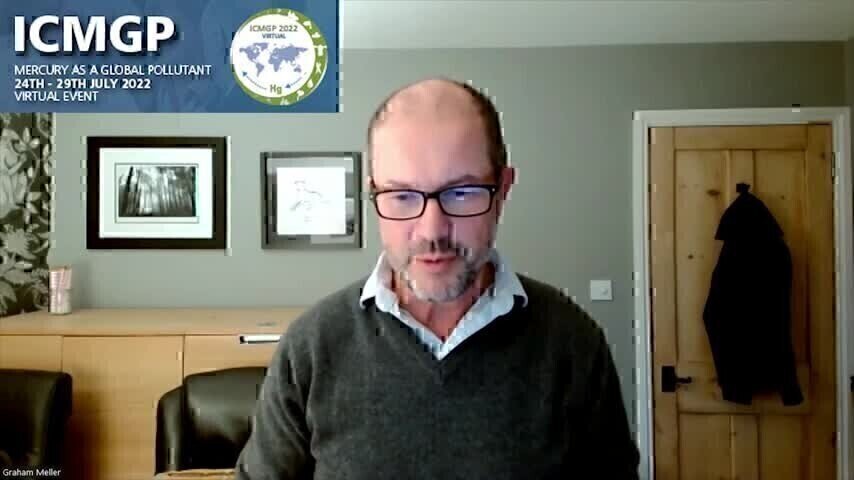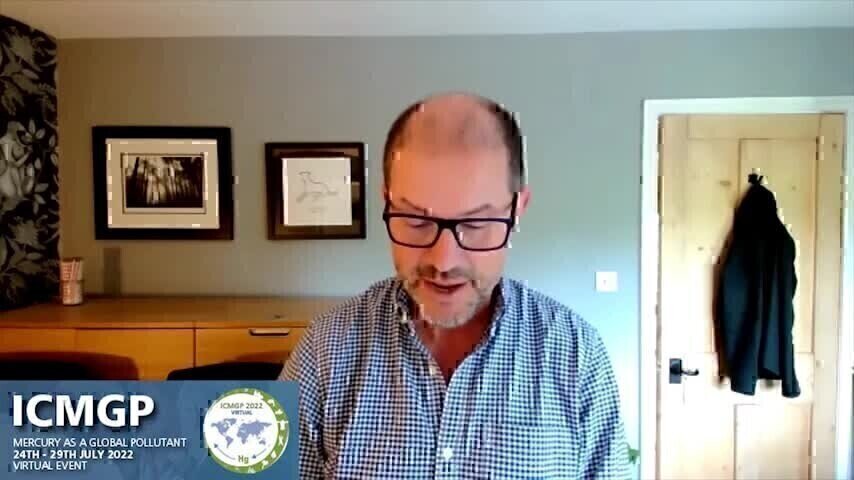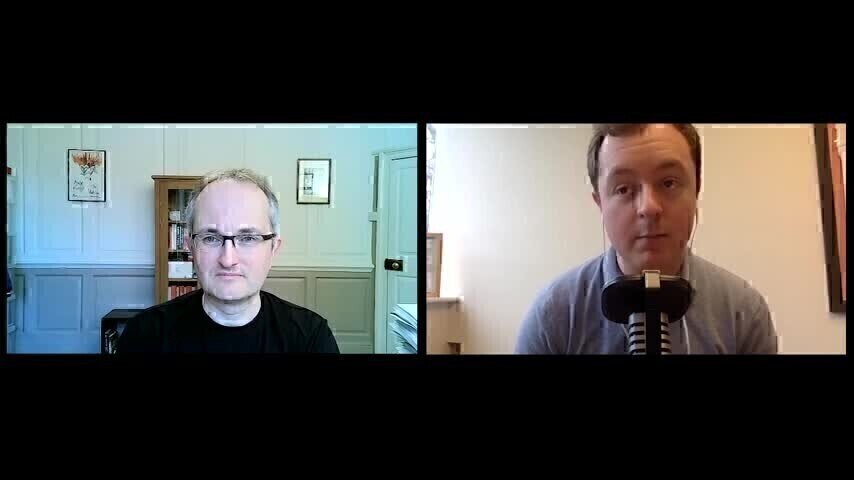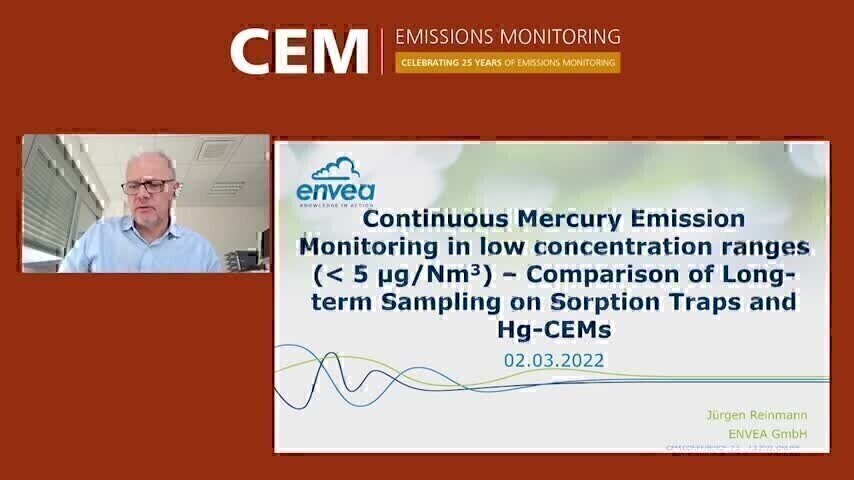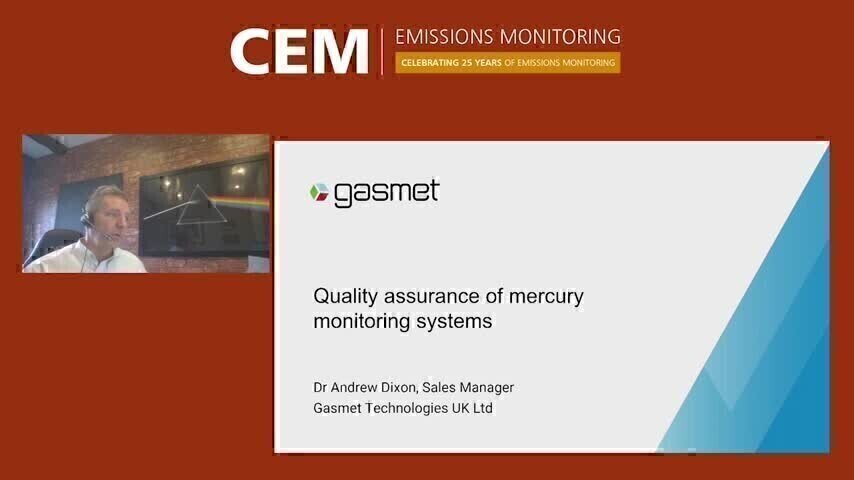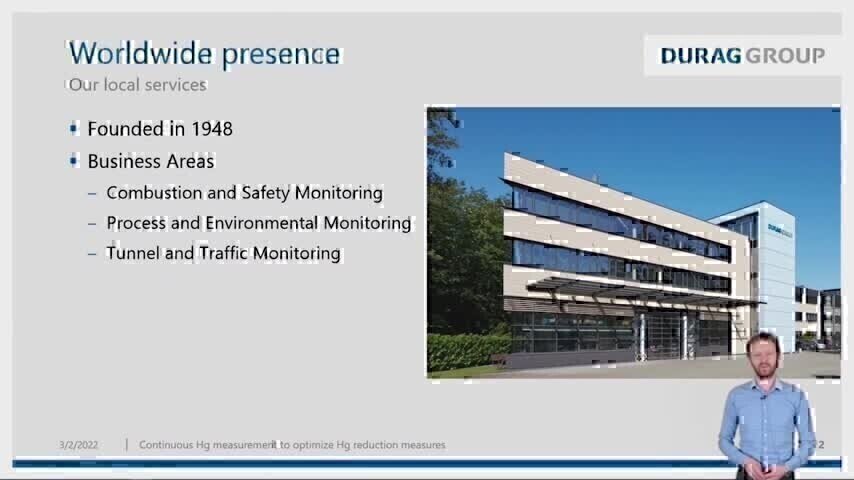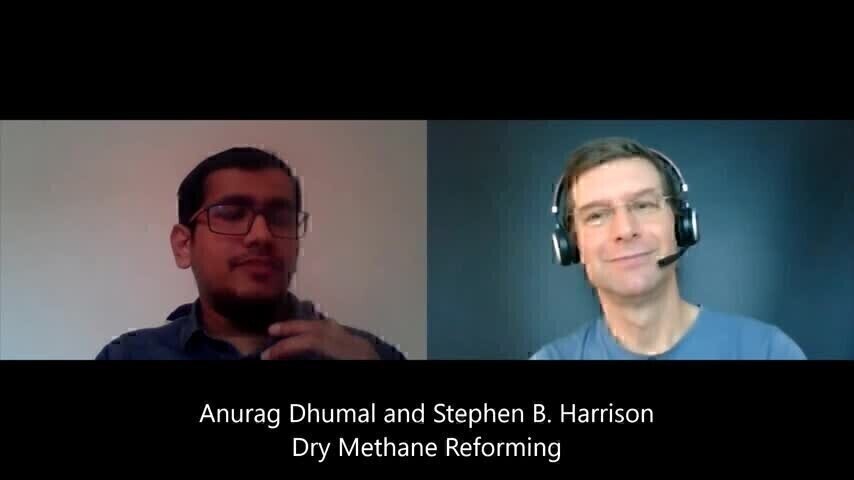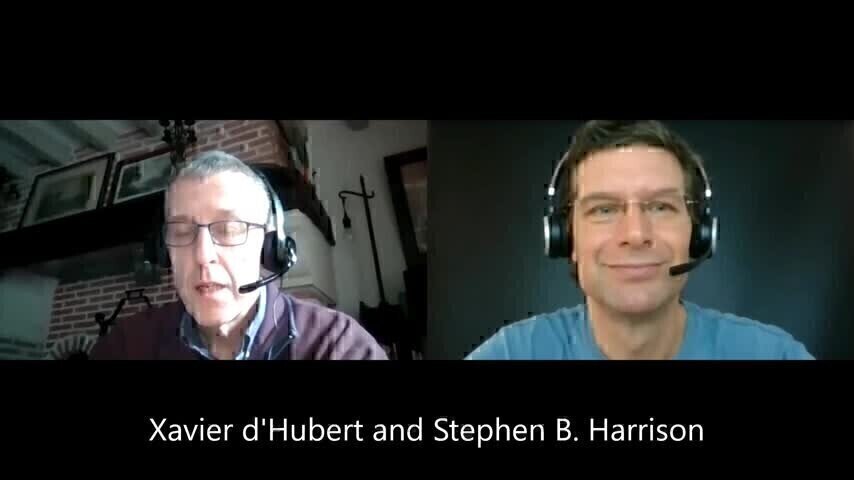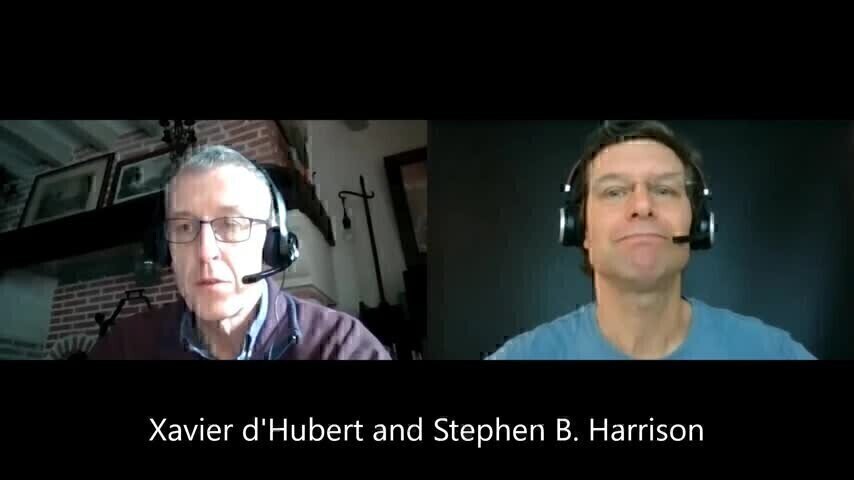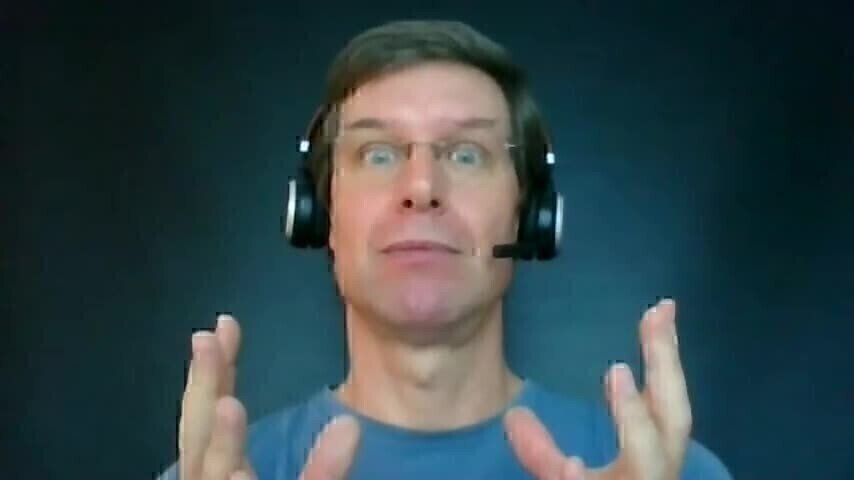E-Learning
Videos
Past Events
Stephen Harrison talks to Xavier d’Hubert about decarbonising cement production. CO2 emissions come from 3 main sources, across these three areas, how can we decarbonise? What can be done to mitigate CO2 emission during the calcination reaction? Can we make the carbon capture easy and cost effective in cement production? What is the oxygen concentration at the burner, where would the oxygen come from?
Stephen Harrison talks to Xavier d’Hubert about decarbonising cement production and the three main sources of the CO2 production. This short question and answer session answers questions given to Xavier, like: Where do the CO2 emissions come from in the production of cement? What can be done inside the plant to improve energy efficiency? Do you see any plants hooked up to renewable energy?
Stephen Harrison talking about decarbonisation, climate change. There is no planet “B”.
At our recent Air Quality and Emissions event, Dr. Lesley Sloss of the International Centre for Sustainable Carbon gave a 20-minute presentation outlining emerging approaches to the global challenge of monitoring mercuring. Dr. Sloss addresses: The global spread of mercury pollution Contemporary and historical regulation of mercury emissions Alternatives to direct, fleet-based monitoring Cutting-edge modelling software for the estimation of emissions
At our recent Air Quality and Emissions event, David Graham of Uniper gave a 30-minute presentation outlining current standards for the quality assurance of mercury around the globe. Mr. Graham discusses: The similarities and differences between quality assurance procedures in the United States and Europe Type-testing requirements and measurement uncertainty Alternatives to current conventions in performing linear calibration The most effective methods for performing certifi...
At our recent Air Quality and Emissions event, Ben Freeman of the Environment Agency gave a 25-minute presentation detailing the updated protocols for mercury monitoring in waste incineration. Mr. Freemen outlines: The monitoring techniques to be made mandatory in waste incineration by 2023 How to adhere to new protocols Methods for determining threshold-values The necessity and practicality of accounting for outliers
At our recent Air Quality and Emissions event, Dr. Johannes Pfingsten of VDZ gave a 10-minute presentation comparing methods for the monitoring of mercury emissions. Dr. Pfingsten discusses: The advantages and disadvantages of the prevailing reference method, EN13211 Different methods for reducing the limit of quantification Prospects for the wider utilisation of sorbent-trap methods Controlling breakthrough at different concentrations
At our recent Air Quality and Emissions event, Shawn Wood of Ohio Lumex gave a 20-minute presentation comparing methods for the monitoring of mercury emissions. Mr. Wood considers: The prospects of emerging sorbet-trap technologies A range of reliable means for cement and power plants to achieve compliance The state of plant regulation in the United States Notable emissions limits for power and cement plants
At our recent Air Quality and Emissions event, Professor Alistair Lewis of the University of York gave a 25-minute presentation on the relationship between strategies to address climate change and global air quality. Professor Lewis addresses: How decarbonisation might enhance air quality Whether adjusting timescales of net-zero targets could affect air quality The harmful side-effects of climate action on air quality How to reduce emissions from agriculture, domestic activit...
At our recent Air Quality and Emissions event, Professor Ronald Cohen of University of California, Berkley, gave a 25-minute presentation on a new methodology for mapping and modelling ambient air in urban environments, the BEACO2N. Professor Cohen discusses: How the BEACO2N system works Recent data from BEACO2N The utility of BEACO2N for understanding the urban environment How BEACO2N might be used to design and assess reduction strategies
Events
IWA World Water Congress & Exhibition
Aug 11 2024 Toronto, Canada
Aug 25 2024 Stockholm, Sweden and online
Sep 03 2024 Mexico City, Mexico
Sep 03 2024 Mexico City, Mexico
Sep 03 2024 San Diego, CA, USA
